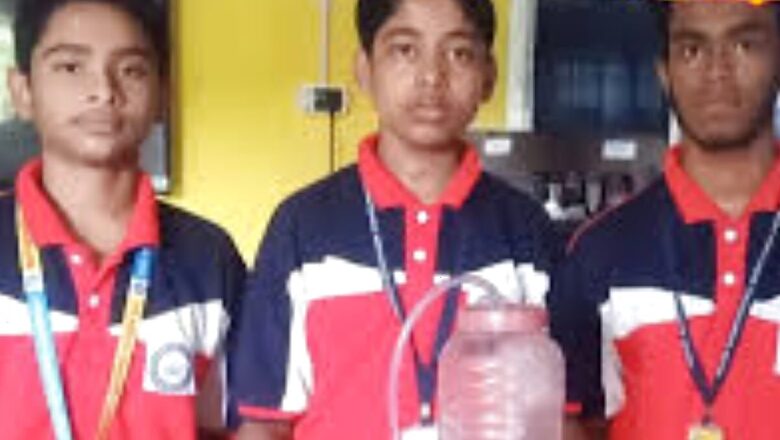
views
Three students from Basirhat in West Bengal have developed a model that automatically turns the pump on and off when the water tank is full or empty, providing a solution to a common problem in water management. When using an electric water pump to draw water, tanks often overflow, leading to the wastage of both water and electricity. To address this issue, three ninth-grade students devised a unique invention. They created an automatic electric water pump model using sensors and a microcontroller. This innovation ensures that when the water tank fills up, the pump will automatically turn off, and when the tank is empty, it will turn on again. Consequently, no one needs to manually operate the pump.
The advanced technology of this water pump model has astonished everyone, as it was developed by three students from a government school in a remote village of Basirhat. These students, from Bel’s Dhanyakuria High School in Basirhat, North 24 Parganas, successfully created this innovative pump model. The primary mechanism involves using sensors placed at the top and bottom of the water tank. These sensors detect the water level and automatically send signals to the pump switch, turning it on or off accordingly.
This mechanism significantly reduces water wastage. The device functions as an automatic water pump controller. Many people often forget to turn off the pump, resulting in substantial water wastage. Implementing this model can address water scarcity and promote electricity conservation. The pump is designed to automatically activate when the water tank is 50% empty and deactivate just before the tank is full, ensuring optimal water usage.
Furthermore, this invention has the potential to make a significant impact on water and energy conservation efforts. In many areas, water is a scarce resource, and the efficient management of the water supply is crucial. By preventing the overflow of water tanks, this model conserves water, which is especially important in regions facing water shortages.



















Comments
0 comment